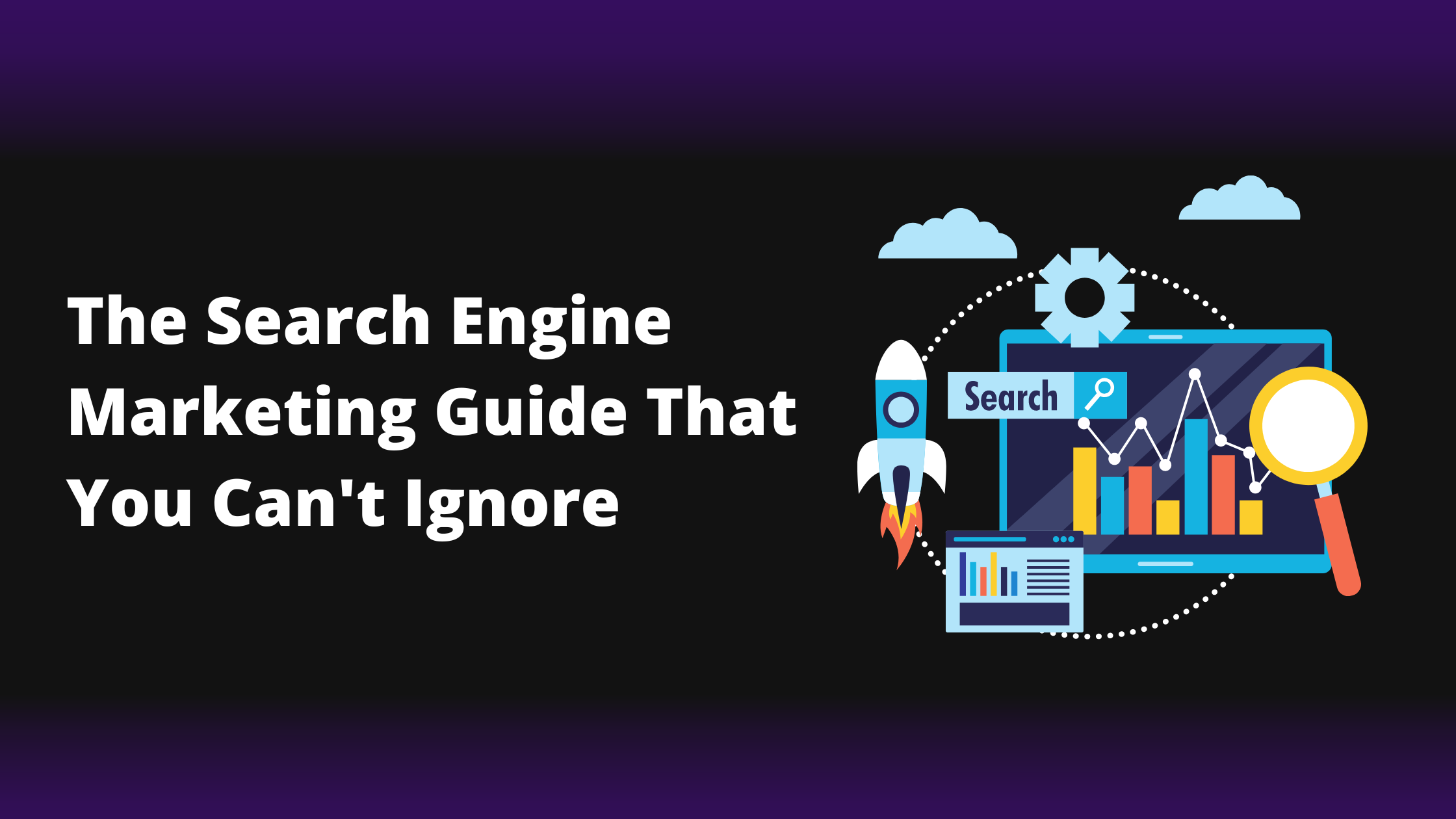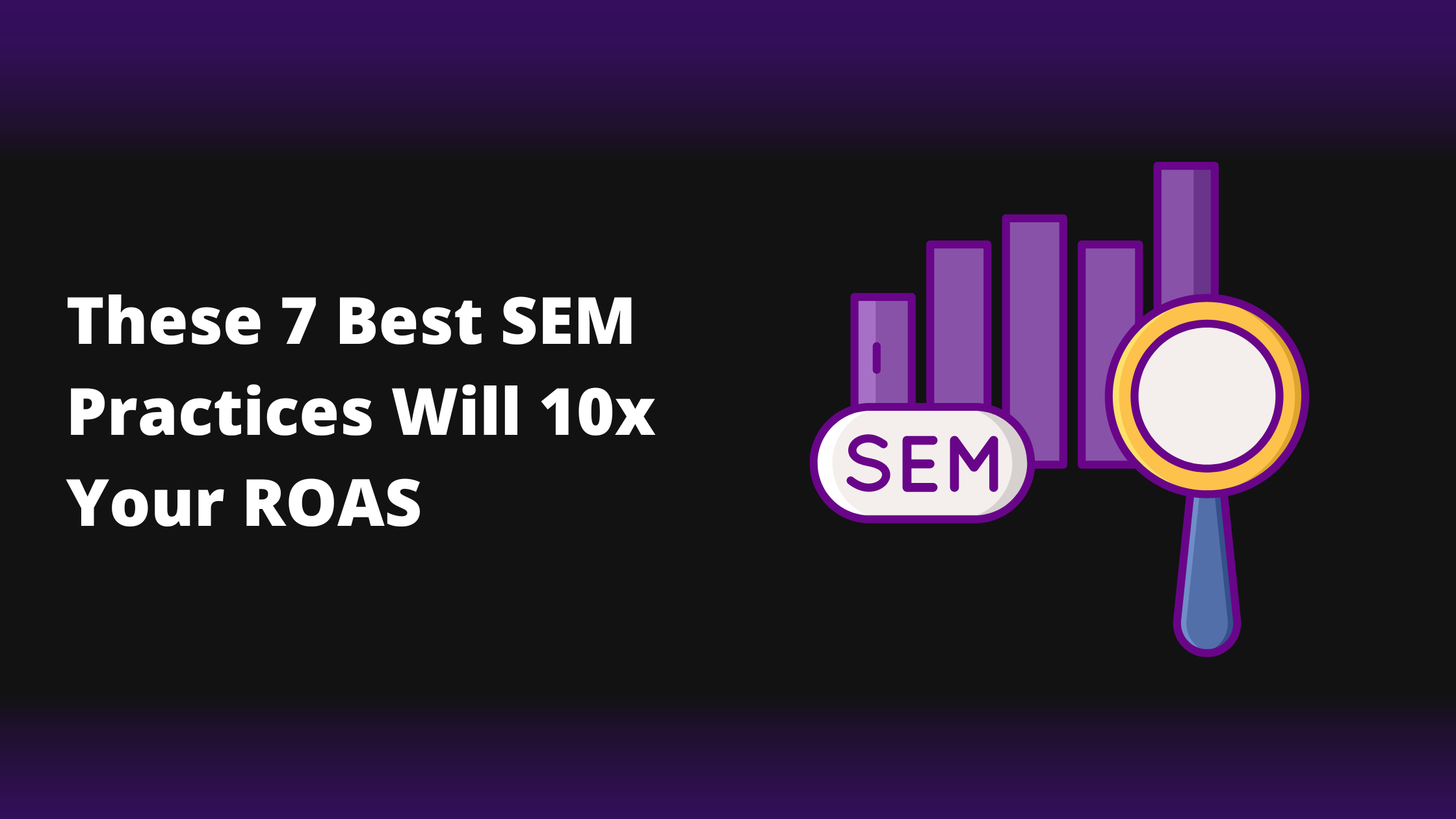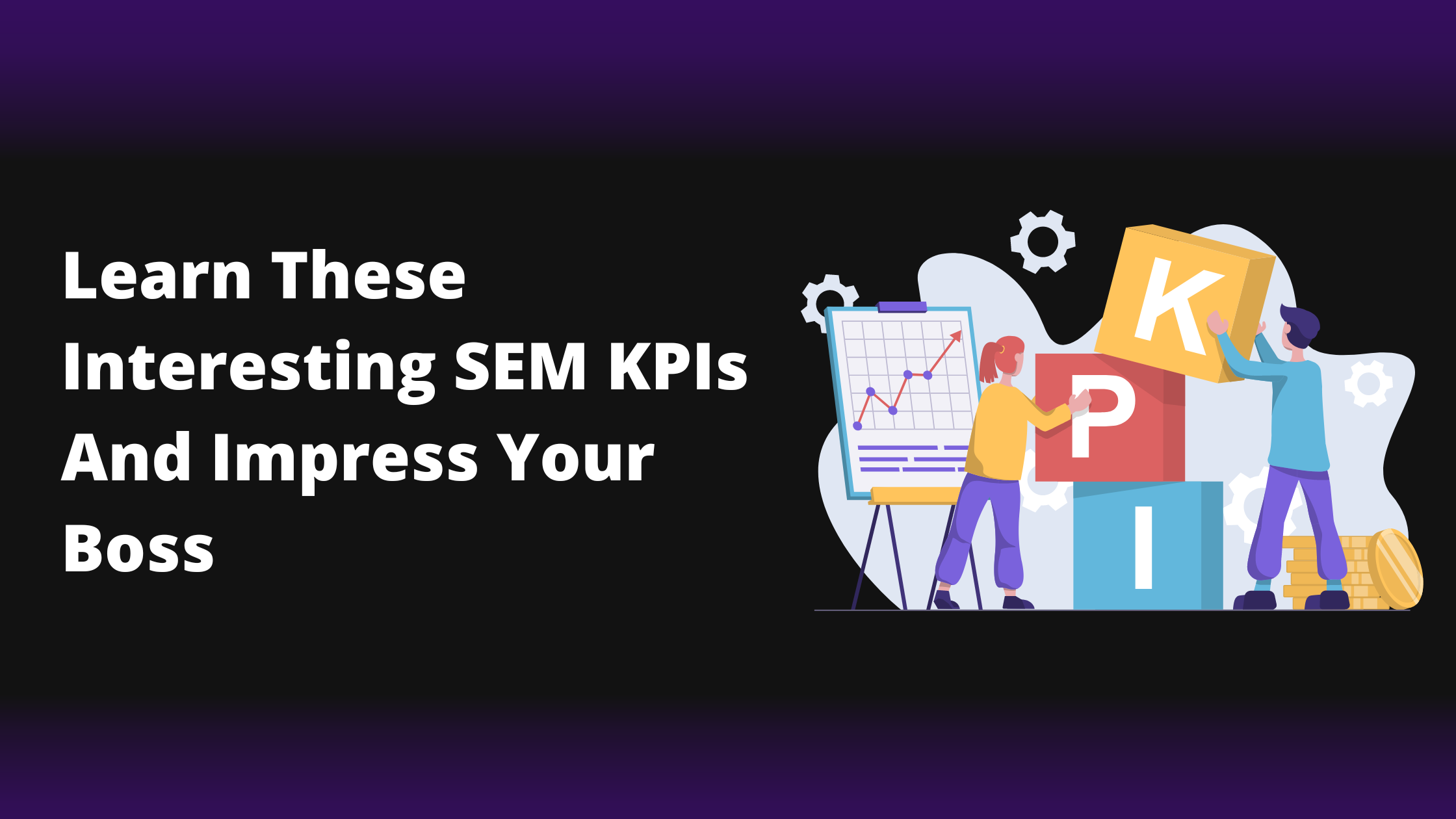
The Search Engine Marketing Guide That You Can’t Ignore
Search engine marketing (SEM) is a powerful tool for businesses in the modern digital age. It helps businesses to capture potential customers and increase their reach. A well-planned SEM strategy can quickly and effectively drive more visitors to a website, boost brand recognition, and increase sales. However, despite the potential benefits of SEM, many businesses find it difficult to utilize and make the most of the available resources. This guide will provide an overview of SEM, the key elements of a successful SEM strategy, and practical tips to help you get started. What is Search Engine Marketing (SEM)? Search engine marketing (SEM) is a form of digital marketing that uses search engine advertising to promote a website or online business. SEM involves optimizing a website’s visibility in search engine results pages (SERPs) by using a combination of paid and unpaid techniques. These techniques include keyword optimization, link building, content creation, and more. SEM campaigns can be targeted to a variety of audiences, including potential customers, current customers, and even competitors. The goal of SEM is to increase the visibility of a website or business on SERPs, which in turn will lead to an increase in website traffic and potential sales. A








































